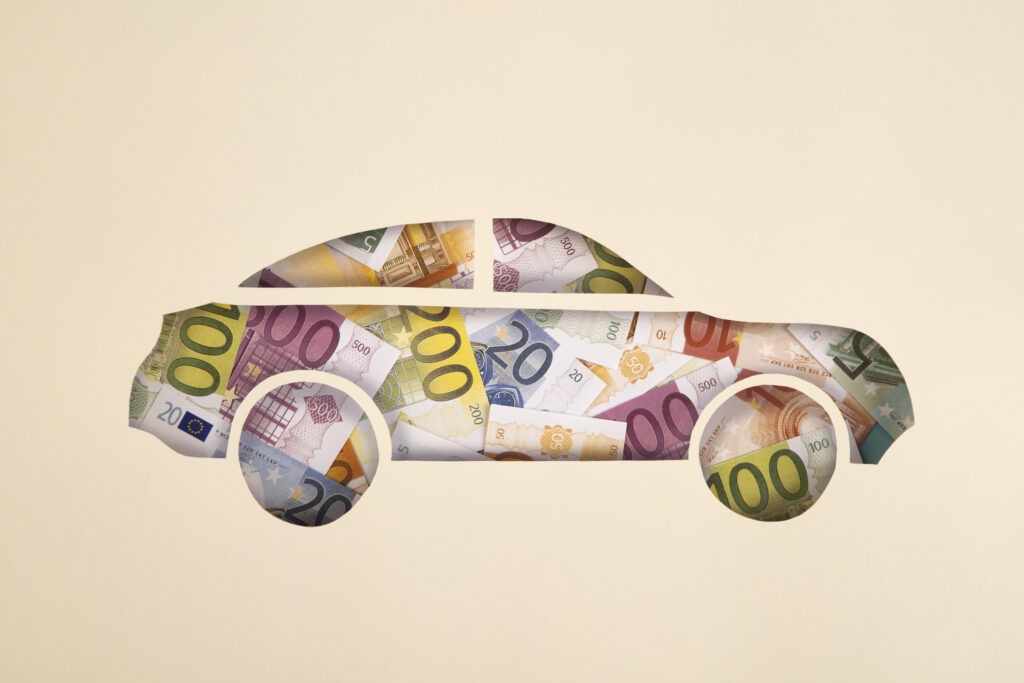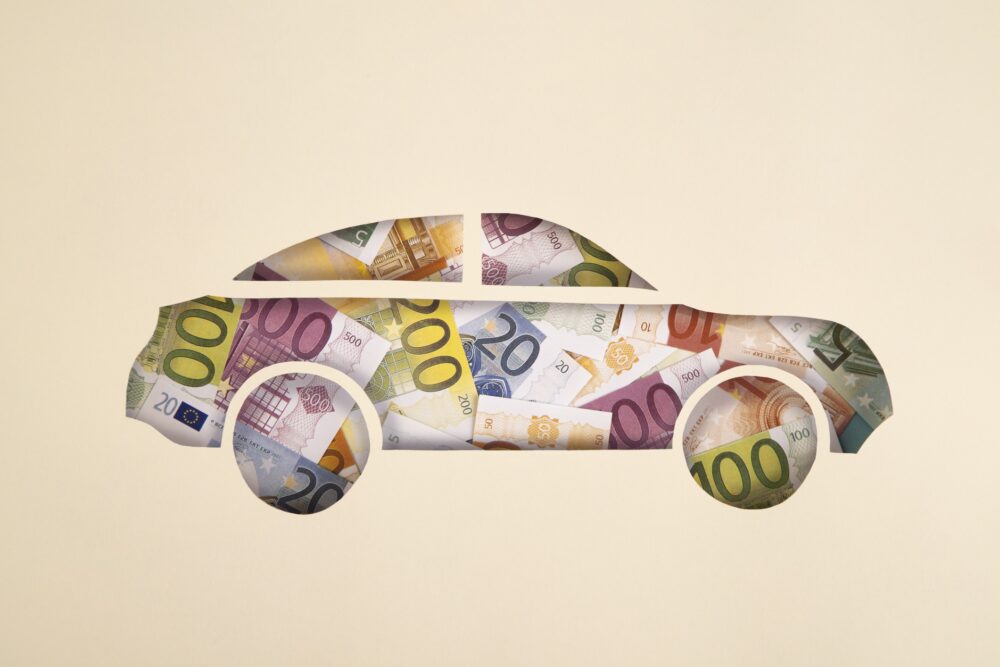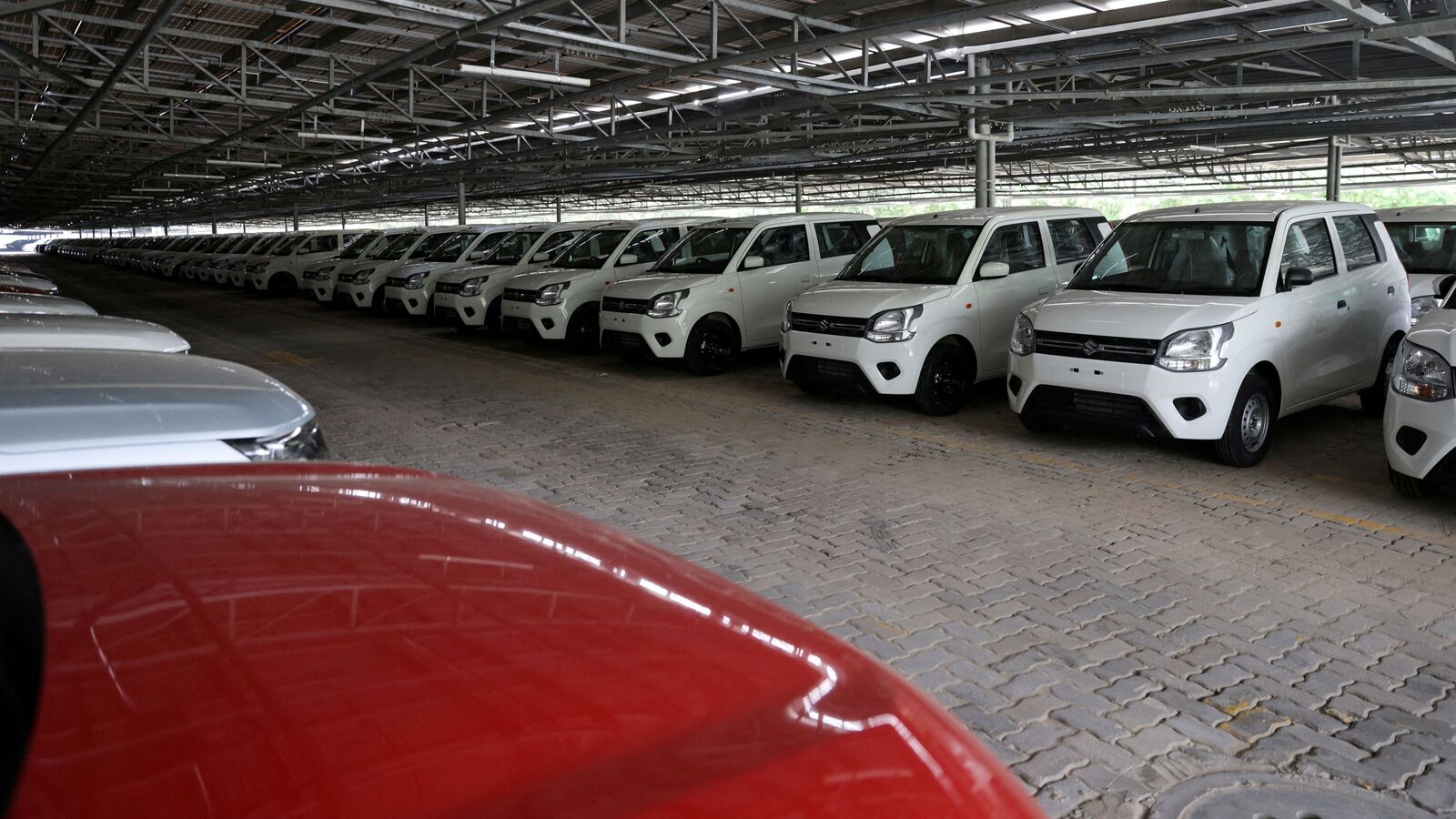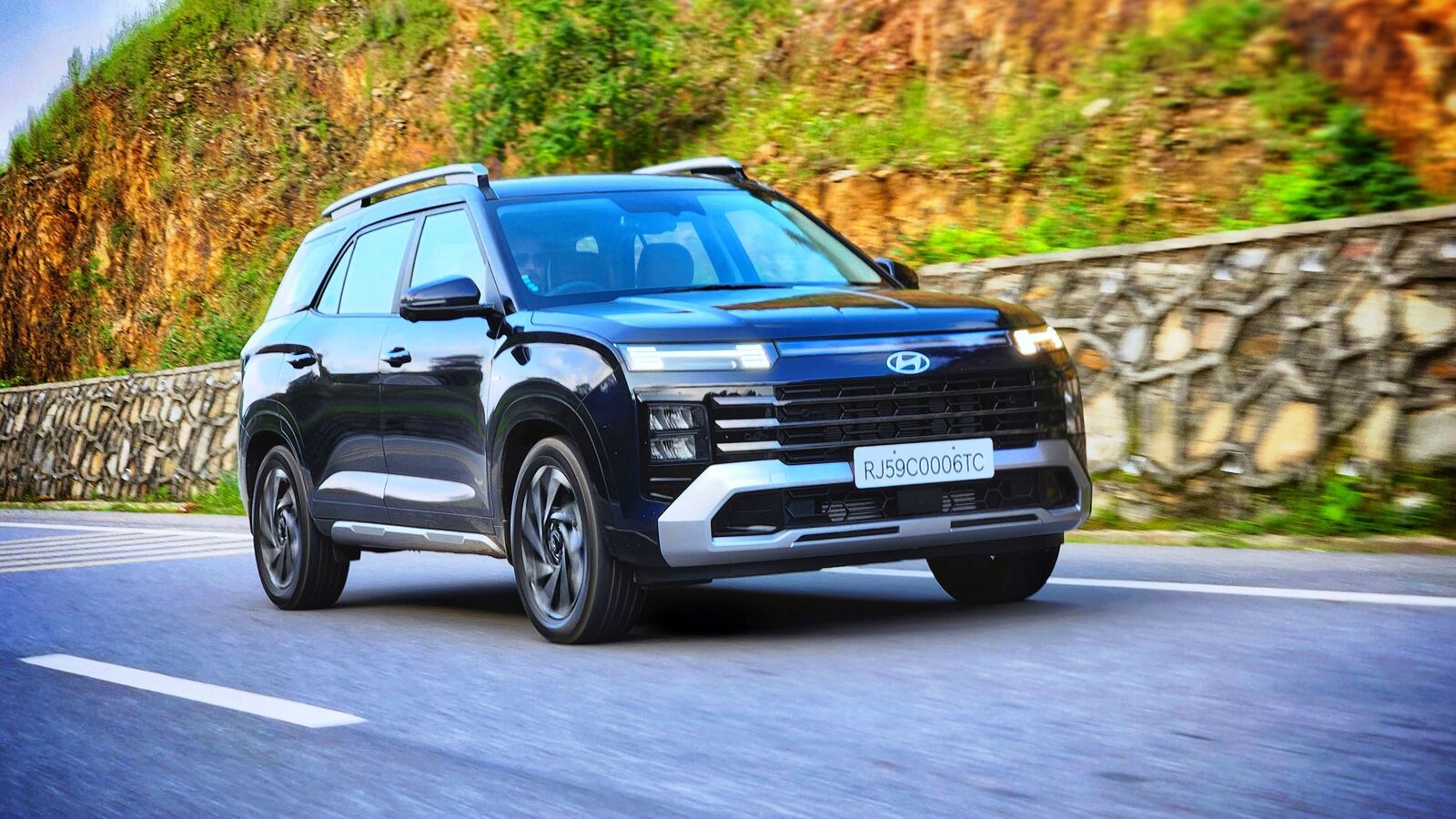03 September 2025

Residual values (RVs) are influenced by multiple factors, from economic trends to design features. But can a brand’s country of origin benefit the value retention of its vehicles? Dr Anne Lange, product director of valuation applications at Autovista Group, considers the question.
Many factors collectively determine value retention. For example, there is the balance of supply and demand, the economic environment and regulatory policies. Additionally, carmaker decisions around model portfolios, design, and technological features all play a big part.
However, can a brand’s country of origin also influence its domestic RV performance? With so many factors at play, it is not easy to single out such an intangible factor. In particular, European markets can see drastically different RV levels and developments.
For example, Spain currently enjoys high RV resilience with values presented as a percentage of retained list price (%RV).
The country broadly sees higher used-car values, partly due to lower new-car prices. In contrast, RVs are under pressure in Italy, riding at a comparatively lower point with higher average new car prices.
The same goes for fuel types when considering 12-month-old cars at 20,000km. In France, battery-electric vehicles (BEVs) and plug-in hybrids (PHEVs) are falling behind the value retention rates of other powertrains. Meanwhile, in markets like Germany and Spain, the difference is less pronounced for these electric vehicles (EVs).
With this in mind, how do models perform in their brand’s country of origin? Is there a discernible difference compared with rivals?
RV benefit for Skoda
Skoda’s Czech heritage is a useful example. Domestically, an automatic, 115hp, petrol-powered 12-month-old Skoda Fabia at 20,000km, retains more value in percentage terms than in other markets.
However, Czechia has much lower new car prices. Economically, it is quite different from larger central European markets, where there is greater sway over the RV landscape. This sets Czechia apart from other European countries.
Compared with similar models in its segment, accounting for specifications and pricing, the Fabia still boasts greater %RVs in Czechia. While the model is still competitive in Germany, it does not enjoy the same advantage.
While this is only one variant of the Fabia, a similar pattern is apparent in larger segments. For example, an automatic,150hp, petrol-powered, front-wheel drive Skoda Kodiaq also achieves higher %RVs in Czechia than other European markets. It outperforms its European competitors in Czechia as well.
Domestic brand advantage is not a given though, as other factors play a significant role in RV performance. A diesel-powered Kodiaq with 150hp has a less pronounced local advantage.
When compared with its %RV competitors locally, the Kodiaq is not the top performer in Czechia or Germany. However, it does beat its competitors in the UK. This indicates that brand origin does not appear to be a determining factor in %RV performance in this example.
So, in some cases, Skoda models outperform their competitors in Czechia, but many other factors influence RVs. Importantly, Czechia has a very different pricing structure compared with other European countries.
Does Peugeot benefit?
Peugeot is a traditional French brand, with some domestic benefits. An automatic, 130hp, diesel-powered, front-wheel drive Peugeot 308 Allure enjoys a %RV advantage in France compared with Spain and Germany. This is despite new price levels not being particularly low, which usually benefits %RVs.
The 308 also outperforms its competitors in France, and to a lesser extent in Germany and Spain. So, the French model’s performance is similar to the Fabia. It enjoys a %RV advantage across different markets, including its brand’s country of origin.
Does BMW enjoy any domestic benefit?
As a well-established premium brand, BMW enjoys domestic value retention benefits. An automatic, 150hp, petrol-powered, front-wheel drive, BMW X1 with a base trim has a positive %RV performance in Germany.
This level of value retention exceeds those recorded by the X1 in Italy and Spain. However, the car sees its best %RV levels in France.
This further demonstrates how a brand’s origin can influence %RVs but is far from the deciding factor. In Germany, the X1’s new price is comparatively low, which also benefits its value retention rate.
Within Germany, the BMW X1 outperforms its local competition. However, Audi and Mercedes-Benz are also German brands, making brand origin an immaterial influence. The X1 also leads the pack in France, where brand origin also does not apply.
So, while at first glance the BMW X1 appears to enjoy a brand origin benefit, further inspection reveals that other influences are likely responsible for the model’s %RV success.
BEVs and regional influences
This differentiated performance across varied markets is a defined trait for BEVs. The powertrain experiences varied results and RV patterns according to localised influences like purchase incentives and taxation.
This is apparent when examining the electric counterpart of the X1. An automatic, front-wheel drive, 204hp, base version of the iX1 retains the highest %RVs in Spain. However, value retention is generally higher in the country anyway.
The electric model does perform relatively well in Germany, while levels are noticeably lower in Italy and the UK. Instead, the iX1 is far close to the BEV market average.
In Germany, the iX1 retains a greater amount of its new-car list price than its competitors. However, this includes other German brands, indicating that this %RV performance is not a domestic benefit.
A general conclusion about the iX1 outperforming its competitors across markets can also not be drawn. For example, in France, the Mini Countryman and the Mercedes EQA rank as the top-performing models.
A complex calculation
Far from isolated examples, these models reveal the complexity of confirming whether a brand’s country of origin benefits its RVs.
While there can be a local advantage, many other factors have a far greater influence on value retention. This effectively obscures any fringe effect of a brand’s country of origin.
So, brand origin alone does not guarantee positive %RVs. It can have a beneficial effect, although this can be easily overpowered by other overarching factors.





